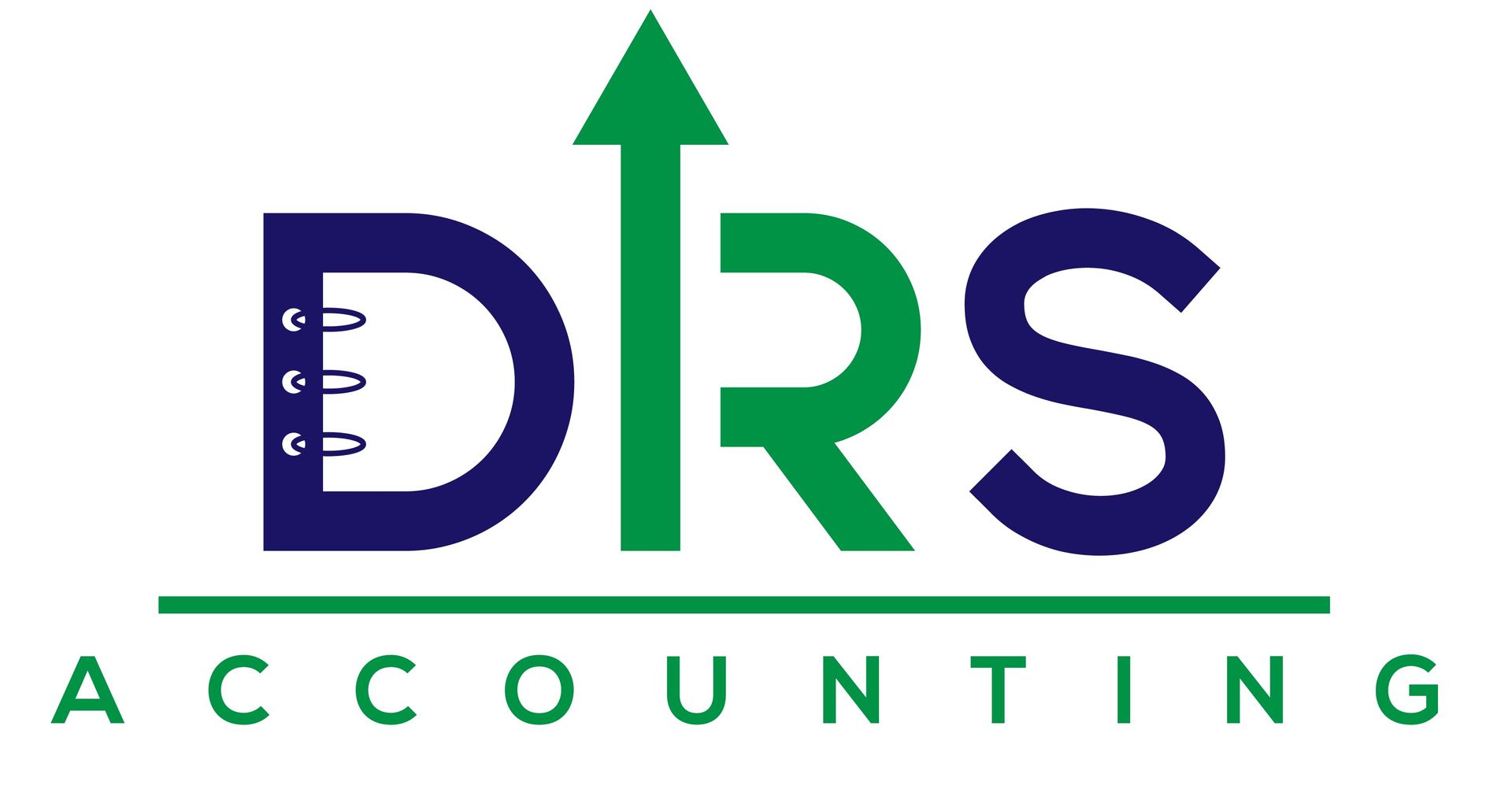Building Your Credit
Laying the Foundation for Strong Business Credit
Building business credit starts with separating your personal and business finances. Many small business owners rely on personal credit cards for expenses, but this can limit growth and make it harder to establish a strong credit profile. One of the first steps is opening a business checking account and applying for a business credit card under your company’s name.
Once you have a business credit card, responsible usage is key. Keeping your balance low, ideally below 30% of your limit, and making on-time payments every month will improve your credit score. Paying off your balance in full when possible helps avoid interest and signals to lenders that your business is financially stable.
Establishing credit with vendors and suppliers is another essential step. Many vendors offer trade credit, allowing you to purchase goods and pay later, often on net-30 or net-60 terms. However, not all vendors report payments to business credit bureaus, so it is important to work with those that do. Setting up a system to track your payments and maintain a positive payment history will help build a stronger credit profile over time.
Regularly reviewing your business credit report ensures accuracy and helps catch potential errors or fraud. Business credit is tracked separately from personal credit by agencies such as Dun & Bradstreet, Experian Business, and Equifax Business. Staying informed about your credit standing will help you make better financial decisions and keep your business in good shape. If you need help understanding your credit report or improving your financial strategy, DRS Accounting PC is here to assist.

Keeping personal and business finances separate is the foundation of strong business credit.
Managing Credit Responsibly for Long-Term Success
Applying for too many loans or credit lines in a short period can negatively impact your business credit score. Each application results in a hard inquiry, which can lower your score and make lenders hesitant to approve financing. Instead of applying for multiple credit sources at once, research the best options and apply only when necessary.
Keeping business debt under control is essential for maintaining strong credit. High balances and missed payments can lower your score, making it harder to secure financing when needed. If you have multiple debts, using structured repayment methods like the snowball method (paying off smaller balances first) or the avalanche method (tackling high-interest debt first) can help improve cash flow and financial stability.
Building relationships with banks and financial institutions is also important. Lenders are more likely to offer favorable terms to businesses they trust, especially those with a history of responsible credit management. Even if you do not need financing now, establishing these relationships early can be beneficial for future growth.
Managing business credit takes time and effort, but having the right financial guidance makes a significant difference. At DRS Accounting PC, we help small business owners strengthen their credit profiles, improve cash flow, and make smarter financial decisions.



